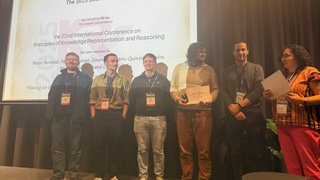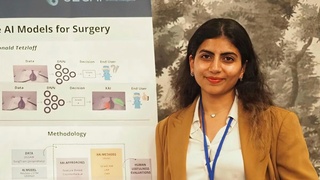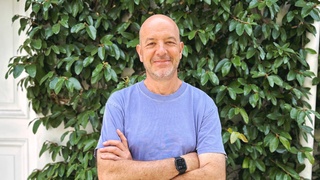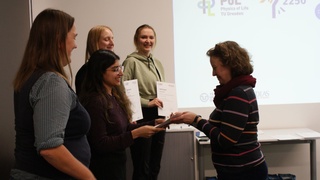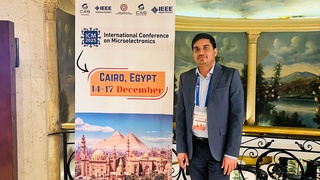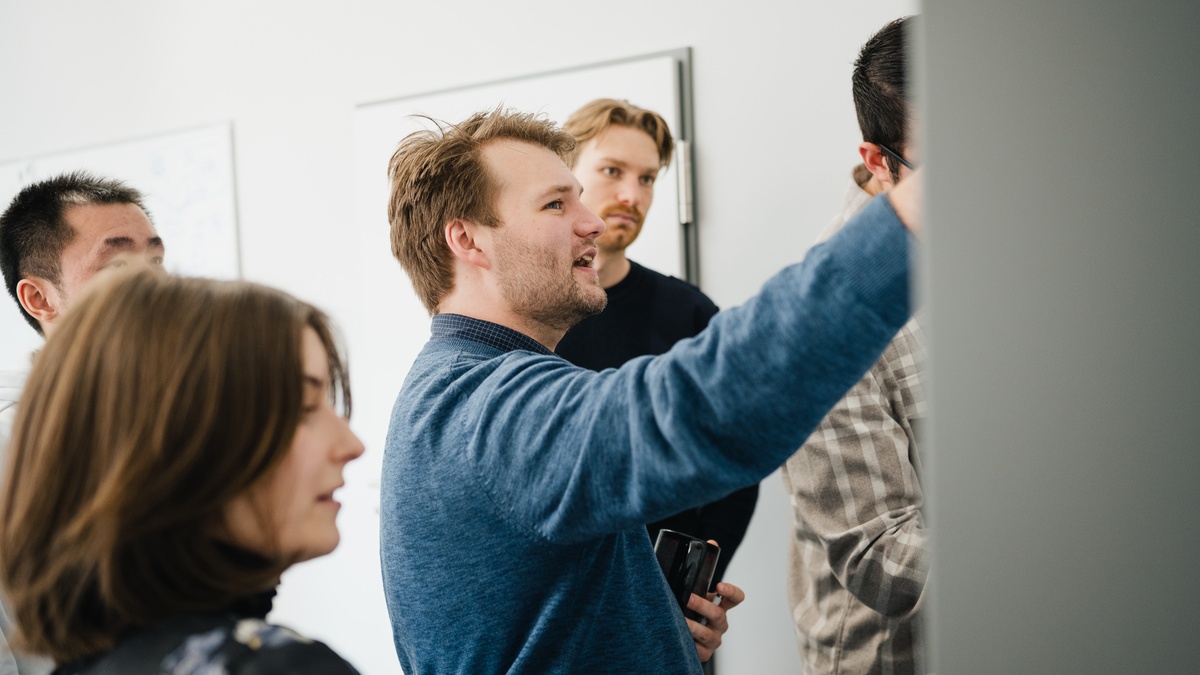 © DAAD/Nathan Dreessen
© DAAD/Nathan Dreessen
June 8, 2023
SECAI Graduate School Member Gregory Veldhuizen Publishes Paper as First Author
The paper Deep learning‐based subtyping of gastric cancer histology predicts clinical outcome: a multi‐institutional retrospective study by Veldhuizen et al. is one of the first papers led by a member of the SECAI Graduate School.
The results by Gregory and his team represents a breakthrough in gastric cancer subtyping. Currently, pathologists rely on the Laurén classification method, a system that is unfortunately prone to variability and whose prognostic value has been widely disputed. To provide a more consistent and potentially valuable alternative, they developed an AI model and trained it to classify gastric cancer using images of tissue samples. “The results are encouraging,” Gregory rejoices, “Not only did our AI model demonstrate proficiency in accurately classifying gastric cancer, it also showed a significant potential for superior prediction of patient survival rates over a five-year period compared to the traditional Laurén classification.” This indicates that their AI-based method could improve the precision of gastric cancer treatment plans and prognosis predictions, ultimately leading to better patient outcomes.

Figure: Within their study, Gregory and his team used AI to classify gastric cancer samples, and they created ‘attention maps’ and ‘heatmaps’ to see how the AI was making its decisions. The attention maps highlight the areas the AI found most important for classification, with brighter areas signifying greater importance. The heatmaps, on the other hand, showed how the AI evaluated different areas as either intestinal (A) or diffuse (B) type gastric cancer.
The findings of their study underscore the transformative potential of artificial intelligence in the field of medical diagnostics. The successful application of their artificial intelligence model introduces a new approach to cancer classification, potentially enhancing the accuracy of prognosis predictions and subsequent treatment plans. It signifies a potentially synergistic relationship between artificial intelligence and healthcare professionals that could enhance the precision and efficiency of cancer diagnosis and treatment. This finding also illuminates the broader implications of artificial intelligence in medicine. “If an artificial intelligence model can enhance gastric cancer subtyping, it's conceivable that similar models could be developed for other types of cancers or diseases,” Gregory opines, looking ahead. In the big picture, studies such as the one done by Gregory and his team are paving the way for AI-integrated healthcare, where advanced algorithms work hand-in-hand with medical professionals, providing more precise and effective care to patients worldwide.
About Gregory Veldhuizen
Gregory Veldhuizen, MD PhD, is a physician-scientist specializing in AI applications in medicine. Since October 2022, Gregory is a clinician scientist at the SECAI Graduate School and works at the Else Kröner Fresenius Centre for Digital Health at TU Dresden, where he currently focuses on AI applications for clinical diagnostics, prognostics, and treatment response.
